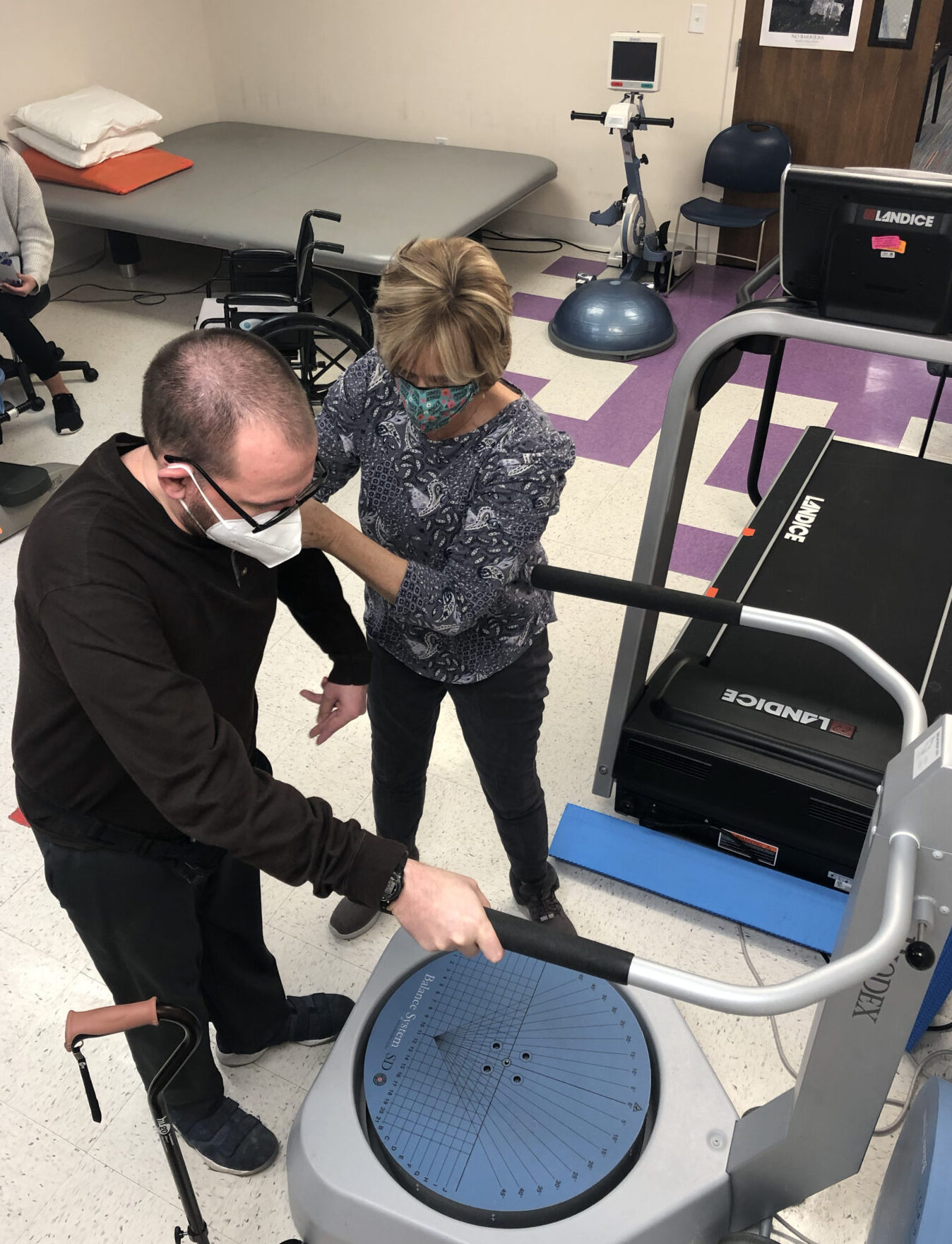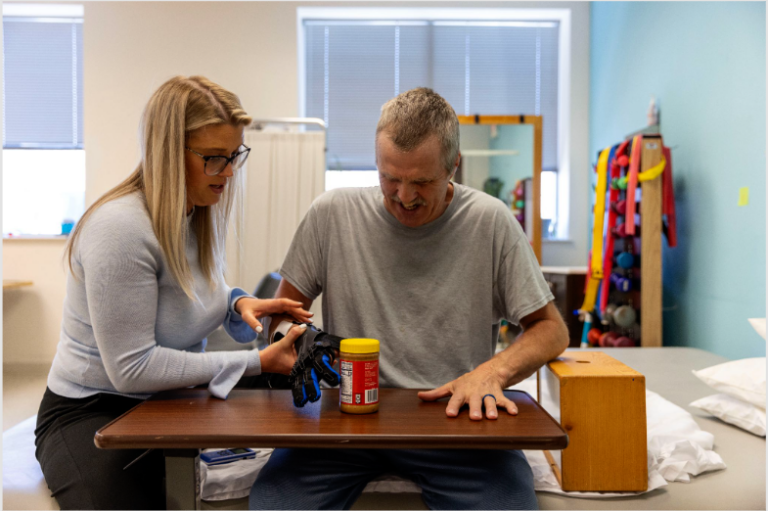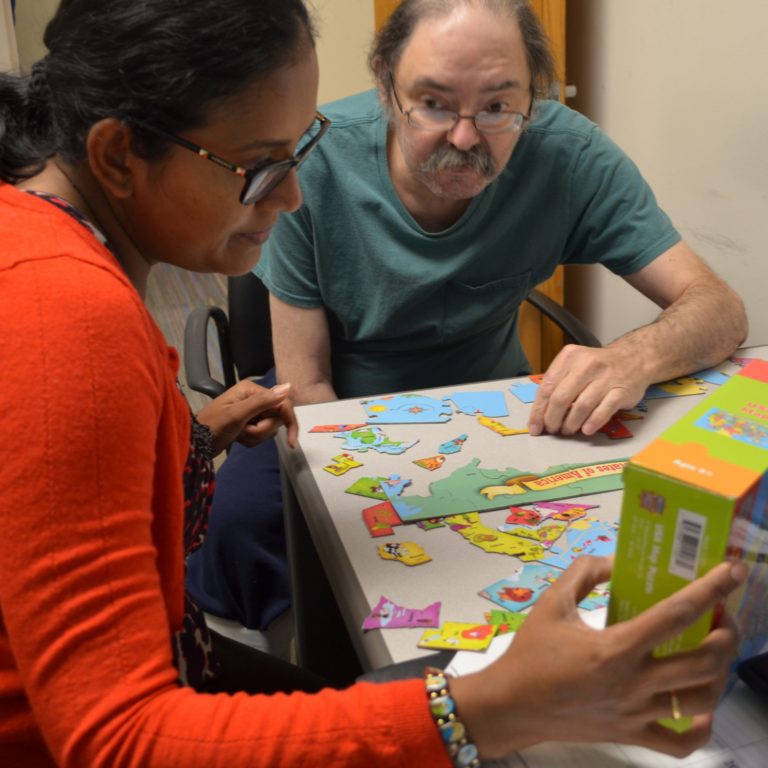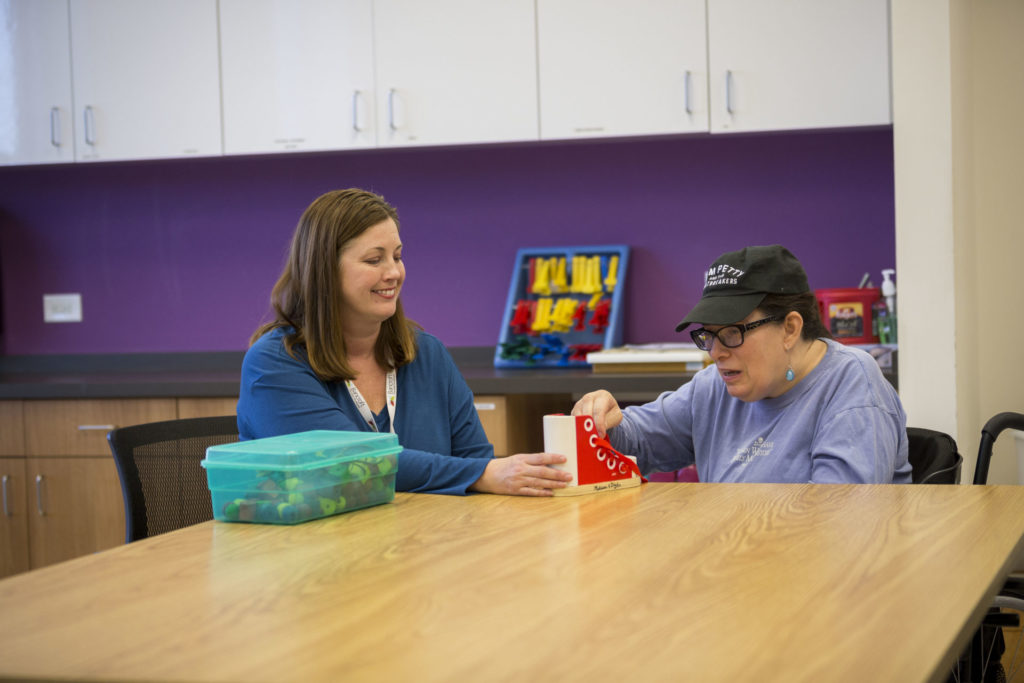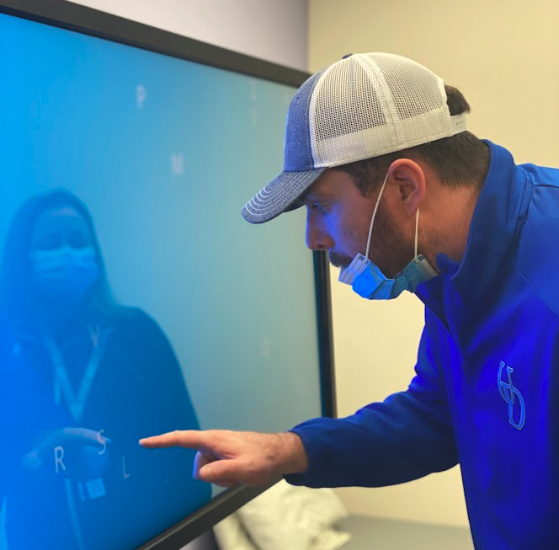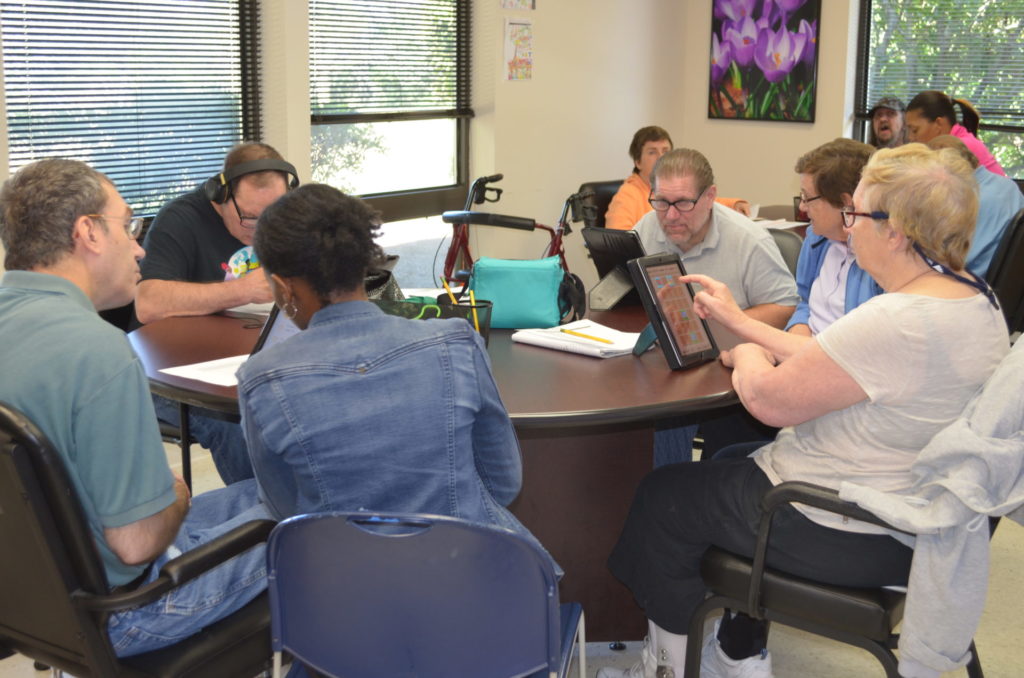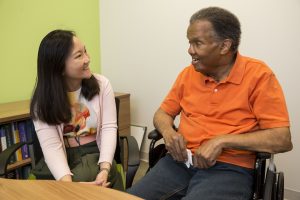A new dementia diagnosis can be overwhelming, but acknowledging the news can bring support, make long-term planning easier.
By Dr. Karen Lindgren
Bancroft Chief Clinical Officer
CLICK TO READ New Jersey Spotlight – OP-ED
|
|
The news this week that former Supreme Court Justice Sandra Day O’Connor has been
diagnosed with dementia – likely caused by Alzheimer’s disease – took the country by surprise. To see such a public figure, and such a strong, trailblazing one, at that, facing such a life-altering diagnosis was a shock.
But what stood out to me the most was the way in which she made that announcement: In an open letter; a public declaration of the disease, an admission of the limitations on her public life, and a reflection on the life she has lived.
It was honest.
And in that way, her revelation exemplified one vital piece of advice I would give to any person facing a new dementia diagnosis: It’s important to be honest – with yourself, with your doctor, and with your family.
The diagnosis can be overwhelming – not just the knowledge that you have dementia, but the amount of information you will receive, and the emotional impact of facing a new and uncertain future.
The good news is, there are strategies to help you cope, move forward, and create the best possible future for yourself.
|
|
Share the news, and allow your loved ones – and yourself – time to process your diagnosis and grieve.
A new diagnosis can bring immediate feelings of loss; for some, it can be devastating. Share the news gradually, starting with your closest family members. Sharing with close friends can bring additional support, and help others cope with the changes, as well. You may decide to speak with a family therapist, or seek support from a social worker who can connect you with the services you need. The Alzheimer’s Association (www.alz.org) is a great resource to start. Locally, Alzheimer’s New Jersey (www.alznj.org) has links to family support groups, wellness programs and more.
Gather the facts – and acknowledge the unknowns.
No one can tell you exactly how and when your disease will progress, or precisely how symptoms will evolve. But you can talk to your doctor about what your diagnosis means. Does your level of cognitive impairment affect your ability to live independently? How might that change? Your doctor or neurologist can discuss potential scenarios and other information to help you plan for the worst case, and hope for the best.
Request a neuropsychological evaluation.
If one was not done pre-diagnosis, an evaluation can help assess your current abilities, strengths and weaknesses, and determine if your cognitive changes follow a known pattern, like those associated with Alzheimer’s Disease. This information will better inform your plans now – and in the future.
Have a plan. If that point hasn’t already been made clear – it should be, now. You need to have a plan, and you should involve your loved ones in that process.
- Create an independent living plan for today. If your cognitive deficits are manageable and you’re able to live on your own, that’s great. Think about how that may evolve – and what in-home accommodations can be made to help you maintain independence.
- Plan for the day when you’re no longer able to live on your own. Where will you live; what support will be required? Talk to your family about how you want to be treated as your symptoms progress; if you repeat yourself, do you want to be corrected, or do you want them to just let it go?
- Establish end-of-life plans. It’s a conversation few people want to have, but it’s so important. It ensures your wishes are met, especially if you’ll no longer be capable of speaking for yourself… and it will alleviate the burden of decision-making for your grieving loved ones, when the time comes.
Continue healthy habits.
No matter what you’re facing, continuing to maintain healthy habits can only benefit your overall health – especially your brain, memory and ability to think. Remember the five components of a healthy brain: Good nutrition, physical exercise, cognitive/mental stimulation (anything that forces you think and use your brain), socialization, and mindfulness and meditation.
Most importantly, enjoy the life you have!
Maybe you want to write a memoir to share memories with your family. Maybe you decide set out on a grand adventure to tackle your bucket list. Or maybe you simply choose to slow down, relax and spend more time doing the things you love to do with people who matter the most. No matter how you do it, celebrate the moments you do have, and focus on your life as it is today.
If you suspect you’re experiencing changes in your own memory or cognition, or if you notice changes in a parent, friend or loved one, don’t wait to get help; the sooner a diagnosis is confirmed, the faster you can plan for what’s to come.



